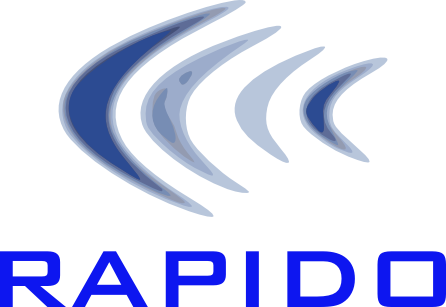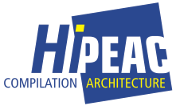




The focus of the RAPIDO Workshop is on methods and tools for rapid simulation and performance evaluation in embedded and high performance systems design. Given continuous advances in chip technology, it is to be expected that future-generation processors will integrate numerous units on a single die, including multiple processor cores, multiple levels of (shared/private) caches or memories, and multiple dedicated accelerators, which will be glued together through a network on-chip (NoC).
The design space is huge though:
All these design questions lead to a huge design space that needs to be explored and which poses a grand challenge to search this space and to deliver an optimal design within the tight time-to-market budget.
In the embedded domain, the Intellectual Property (IP) based design approach is one of the most popular solutions to overcome this design challenge by relying on parameterized, pre-designed and pre-verified IP cores. Simulators are then used to explore the huge design space of interconnected IP cores for finding the optimal design for a given application domain.
In the general-purpose computing domain, the time-to-market is typically longer, the design is typically not limited to interconnecting pre-existing IP cores, however, the design should be optimized for a broader set of applications.
In both the embedded and the general-purpose domains, searching the huge design space during the design process is done through Design Space Exploration (DSE). DSE involves a number of key technologies such as modeling, simulation, prototyping, heuristic searching, etc. which have to cooperate in order to make the exploration effective, i.e., to obtain a final design with an optimal performance/power/cost/reliability ratio for the application domain of interest without compromising the time-to-market.
Although DSE is essential to both embedded and general-purpose processor design, both communities are largely unaware of each other’s work and progress. The purpose of this workshop therefore is to bridge this gap, and bring together researchers and practitioners from both communities to learn and discuss recent progress, and stimulate the interaction between both communities by exchanging ideas and sharing experiences. The workshop should provide a forum for brainstorming and road-mapping future DSE technologies for both the embedded and general-purpose domains.